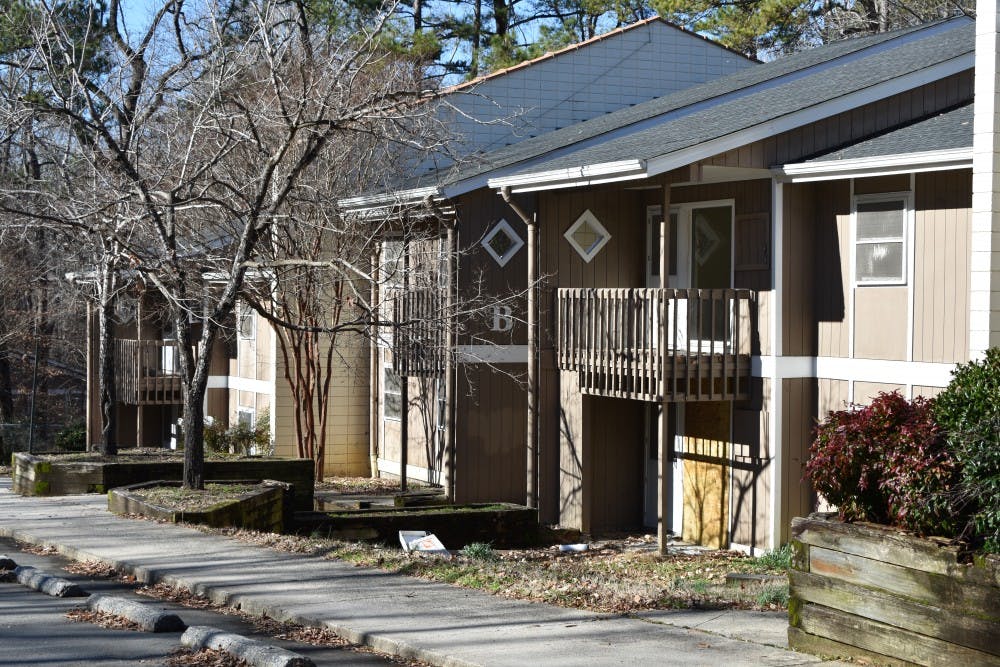With long waiting lists for public housing and affordable housing that many low-income families find unaffordable, the Town of Chapel Hill has plans to implement a Rental Assistance Demonstration, a program set by the U.S. Department of Housing and Urban Development.
The goal of RAD is to provide the Town with access to additional money that HUD cannot consistently provide for public and affordable housing projects. The money will be used to renovate and redevelop such properties.
Public housing, as defined by HUD, is housing available to low-income families, the elderly and people with disabilities. Affordable housing, meanwhile, is housing for “cost-burdened” families — those who spend more than 30 percent of their income on rent and utilities.
Affordable housing, however, is not always affordable, and public housing can take years to obtain.
Pah Baw, a resident of Carrboro, moved to the United States from Myanmar 11 years ago. He applied for public housing in Chapel Hill five years ago and is still on the waiting list. The apartment in which he and his wife have lived since 2012 is too expensive, but there are few options other than to wait, he said.
It is unclear how long Baw will continue to wait for public housing. As a senior citizen with disabilities, there are only two public housing communities geared toward Baw — Caldwell/Church Street and South Roberson Street — designed to house elderly and disabled residents. Each year, few, if any, units open in the two accessible communities.
Faith Thompson, interim public housing director for the Town, said only four to six families leave public housing each year in Chapel Hill.
“We have families that have been in our units over 30 years,” she said. “There is a greater need for housing for people with disabilities.”
Thompson said there are 336 occupied public housing apartment units in Chapel Hill. Meanwhile, there are 351 applicants on the waiting list for public housing, including Baw. As demand grows, so does the necessity for renovating the units that already exist.



